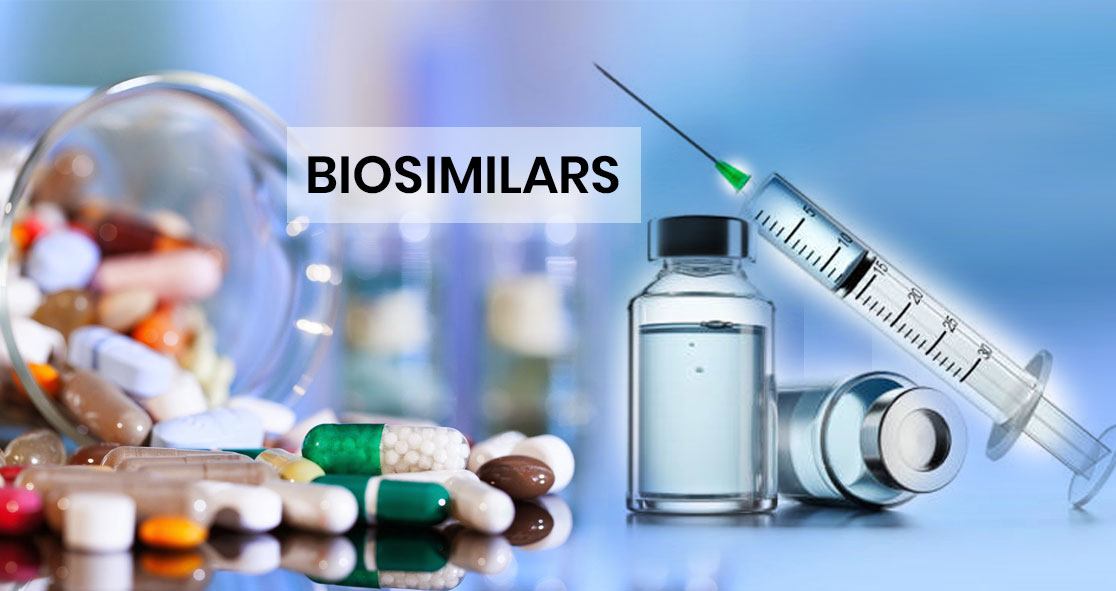In the European Union, the acceptance of biosimilars has improved, but in the United States, the uptake of biosimilars has been suboptimal, according to a paper published in Seminars in Arthritis and Rheumatism.
Biosimilars can improve access to treatments and save patients and health systems a lot of money, but their uptake in the United States has been suboptimal, suggesting the need for new strategies to improve the acceptance of biosimilars.
As of January 1, 2022, the U.S. Food and Drug Administration (FDA) has approved 33 biosimilars. Biosimilars are slightly different from generic drugs. They are much more complex, as they cannot be chemically synthesized on a commercial scale.
Compared to generic drugs, biosimilars are more expensive to develop. The authors of the paper explained, “A generic may only cost $1 million to $4 million and take 2 years to develop vs $100 million to $250 million and 7 to 8 years for a biosimilar.”
The growing use of biologics has significantly contributed to rising health care costs. The authors wrote, “Despite only accounting for 2% of US prescriptions, biologics represent almost 40% of prescription drug spending.”
In the EU, the first biosimilar was approved in 2006. Since then, it has authorized 80 biosimilars but only 74 remain approved as of January 1, 2022.
The authors wrote, “In response to incentive programs instituted by individual member states, health authorities, and payers over the last few years, there has been a significant increase in biosimilar usage in the EU.”
“The systems in place in the EU countries are fostering increased use of biosimilars,” the authors noted. “This is in contrast to what is happening in the US where, out of the $126 billion spent on biologics in 2018, only approximately 2% was spent on biosimilars.”
The authors found a few obstacles that are affecting the uptake of biosimilars in the United States, which include reimbursement and rates, patent litigation, and physician and patient concerns.
They believe that the federal government, medical associations, and health care systems could play a key role in increasing the use of biosimilars. Updating guidance, improving communication, providing education to medical providers, and improving financial incentives could improve the acceptance of biosimilars in the United States.
The authors wrote, “Relaxing the interchangeability standards, providing clarity on regulatory requirements and post-approval changes, and increasing funding opportunities for switching studies may encourage more biosimilar manufacturers seeking the interchangeable designation in the US.” The paper was published online last month in the journal Seminars in Arthritis and Rheumatism.





















